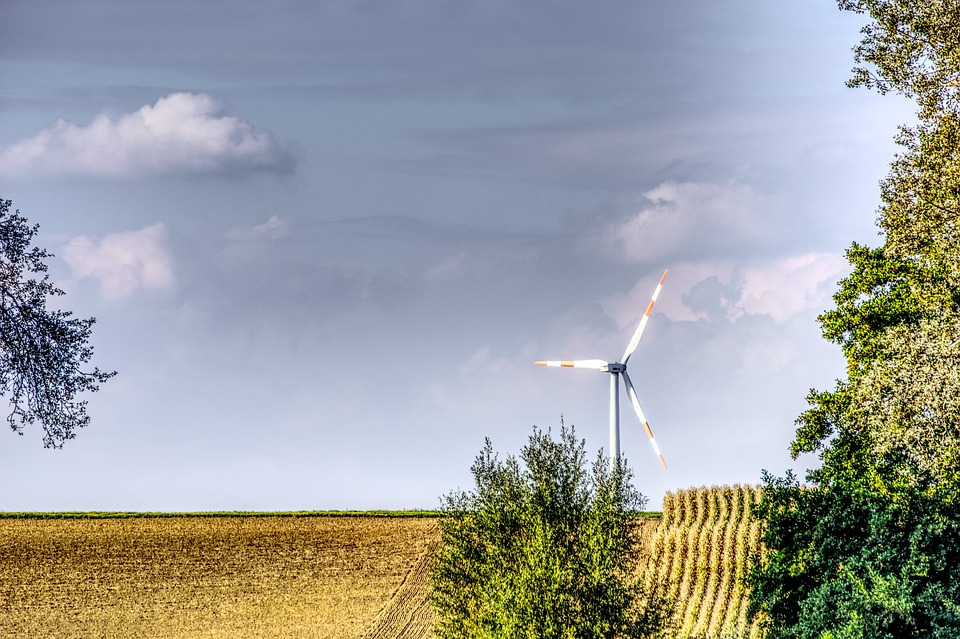The Circular Economy: How Governments Can Foster Sustainable Growth
The circular economy is a concept that has gained significant attention in recent years, with governments and businesses around the world recognizing its potential to drive sustainable growth and reduce waste. At its core, the circular economy is about designing and optimizing systems to be restorative and regenerative by design, rather than simply depleting resources and generating waste.
Why Governments Need to Act
As governments, it is crucial to take a proactive approach to implementing circular economy strategies, as they play a critical role in setting the stage for sustainable growth. By adopting circular economy principles, governments can:
Reduce Waste and Pollution
The linear economy, which is based on a “take, make, dispose” approach, is responsible for significant amounts of waste and pollution. By adopting circular economy principles, governments can reduce waste and pollution, and create a more sustainable future for their citizens.
Stimulate Economic Growth
The circular economy has the potential to stimulate economic growth by creating new jobs and industries, and by driving innovation and investment. According to a report by the Ellen MacArthur Foundation, the circular economy could generate up to $4.5 trillion in economic benefits by 2030.
Improve Resource Efficiency
The circular economy is about designing and optimizing systems to be more resource-efficient. By adopting circular economy principles, governments can reduce the consumption of resources, and create a more sustainable future for their citizens.
Strategies for Governments to Foster Sustainable Growth
So, what can governments do to foster sustainable growth and implement circular economy strategies? Here are some key strategies:
Set Clear Policy Frameworks
Governments need to set clear policy frameworks that support the adoption of circular economy principles. This can include policies that promote recycling, reduce waste, and encourage the use of renewable energy.
Invest in Research and Development
Governments need to invest in research and development to drive innovation and investment in the circular economy. This can include funding for startups and small businesses, as well as supporting research institutions and universities.
Promote Education and Training
Governments need to promote education and training to ensure that citizens have the skills and knowledge needed to thrive in a circular economy. This can include programs that promote sustainability, circular economy principles, and entrepreneurship.
Conclusion
In conclusion, the circular economy is a critical concept that has the potential to drive sustainable growth and reduce waste. Governments have a key role to play in implementing circular economy strategies, and by setting clear policy frameworks, investing in research and development, and promoting education and training, they can foster sustainable growth and create a more sustainable future for their citizens.
FAQs
What is the circular economy? The circular economy is a concept that has gained significant attention in recent years, with governments and businesses around the world recognizing its potential to drive sustainable growth and reduce waste.
Why is the circular economy important? The circular economy is important because it has the potential to reduce waste and pollution, stimulate economic growth, and improve resource efficiency.
What can governments do to foster sustainable growth? Governments can set clear policy frameworks, invest in research and development, and promote education and training to foster sustainable growth and implement circular economy strategies.
How can individuals contribute to the circular economy? Individuals can contribute to the circular economy by making conscious choices about their consumption habits, reducing waste, and supporting businesses that adopt circular economy principles.
What are some examples of circular economy in action? Some examples of circular economy in action include companies that offer product-as-a-service, sharing economy platforms, and recycling programs.



_1.png?w=150&resize=150,150&ssl=1)
_1.png?w=150&resize=150,150&ssl=1)


